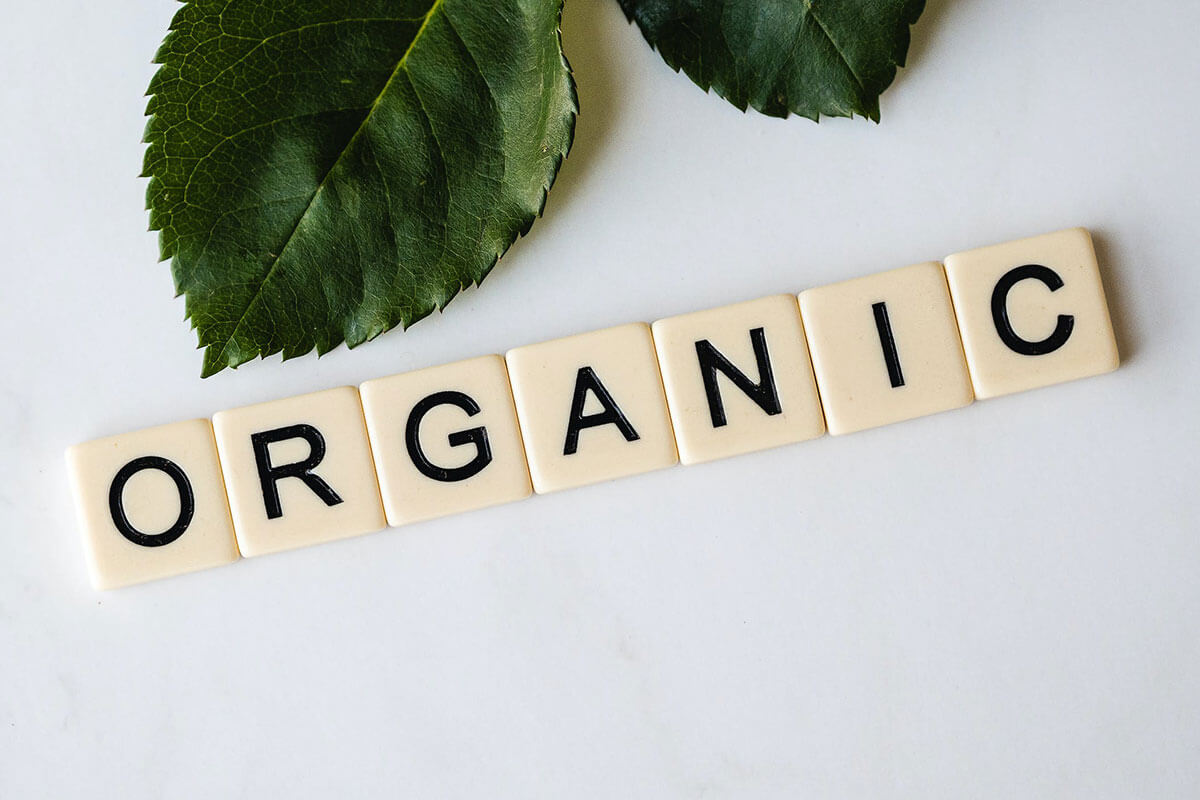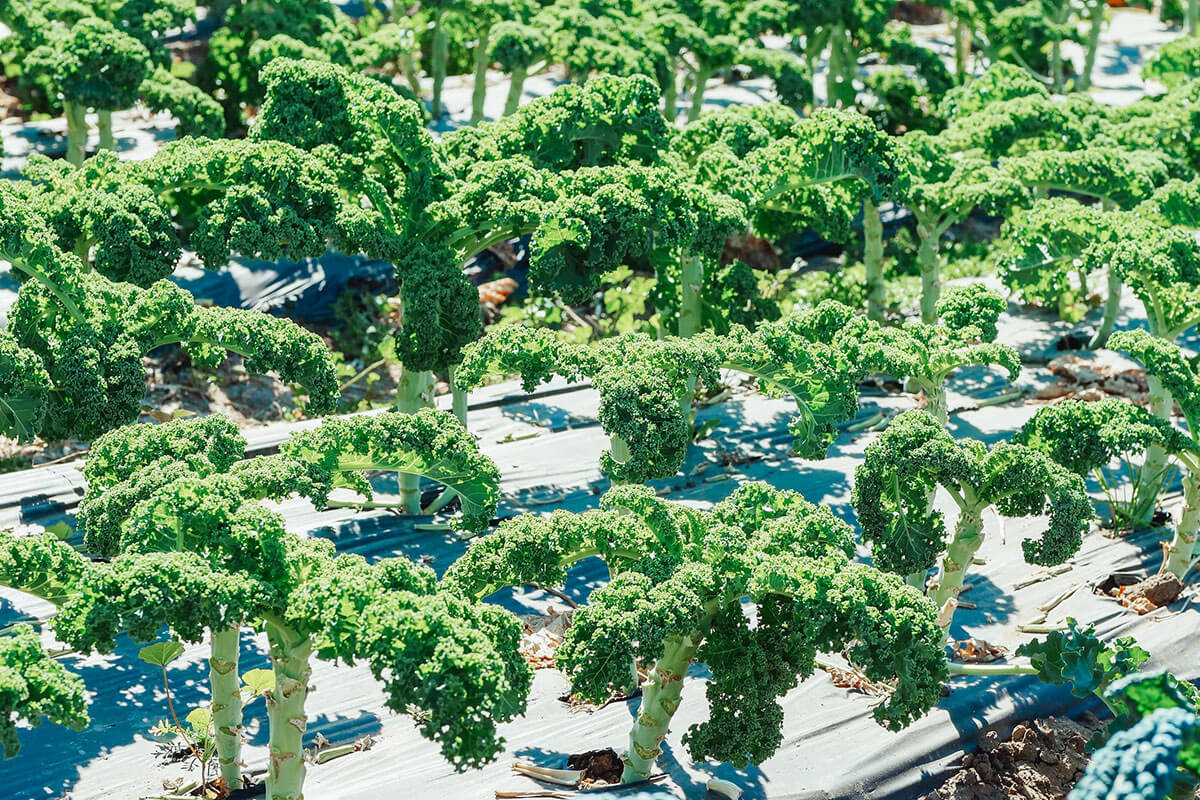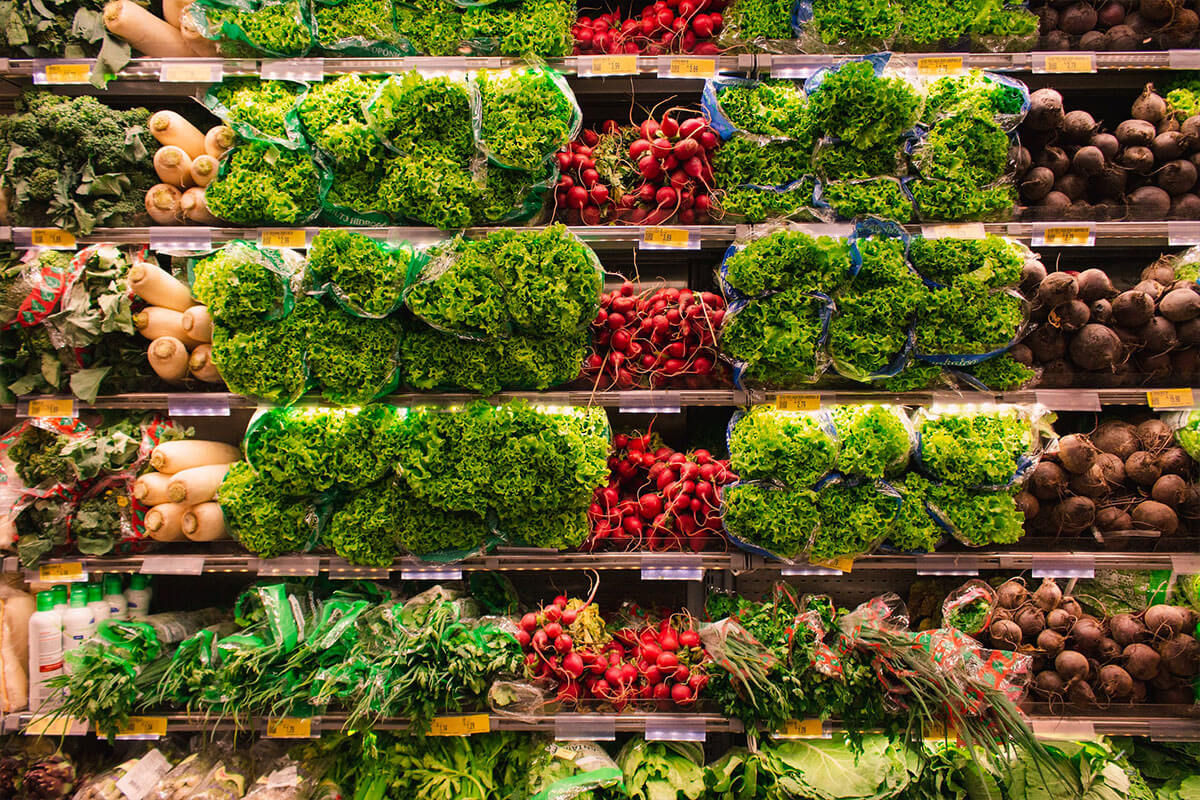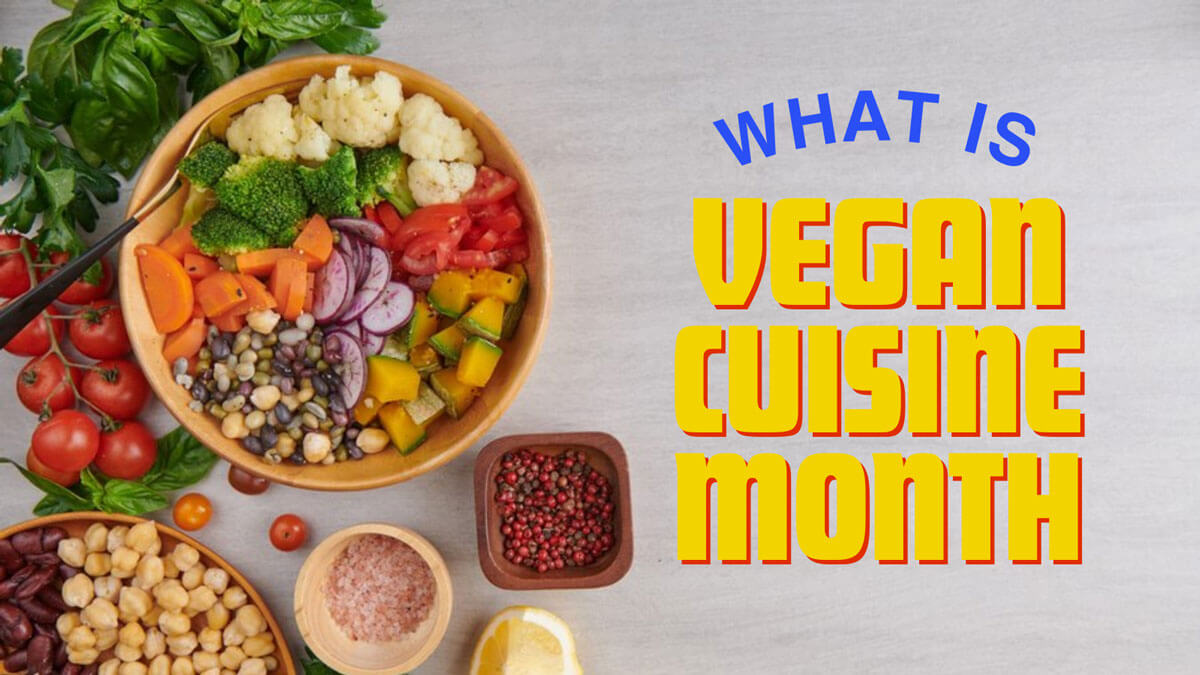
As we stroll down the aisles of our local grocery store, we’re often confronted with a choice: organic or conventional? In recent years, the allure of organic foods has grown, with many believing that they offer a significant nutritional advantage over their conventionally grown counterparts. But is this perception based on scientific reality, or are there myths about organic foods that need debunking?
The Great Nutritional Debate

Before we dive into the organic vs. conventional debate, let’s clarify what we mean by “organic” and “conventional” foods. Organic foods are produced using farming practices that avoid synthetic pesticides, genetically modified organisms (GMOs), and synthetic fertilisers. Conventionally grown foods, on the other hand, may use these synthetic inputs.
The Nutritional Content Showdown

One of the most common beliefs about organic foods is that they are significantly more nutritious than conventionally grown foods. The idea is that organic farming methods produce bursting with vitamins, minerals, and antioxidants. But what does science say?
Several scientific studies have compared the nutritional content of organic and conventional produce, aiming to settle the debate once and for all. The findings may surprise you: there are often minimal, if any, significant differences in nutrient levels.
For instance, a study published in the British Journal of Nutrition found no consistent differences in vitamin and mineral content between organic and conventional crops. Another analysis in the Annals of Internal Medicine concluded that there’s limited evidence to support the idea that organic foods are substantially more nutritious.
The Complex Nature of Nutrient Levels

So, why isn’t there a clear winner in the nutritional showdown? The answer lies in the complex nature of nutrient levels in food. Many factors can influence these levels, including soil quality, farming methods, and crop variety. Moreover, nutrient content can vary widely within both organic and conventional produce.
For example, the nutrient levels in a tomato can differ depending on the specific tomato variety, the soil in which it was grown, and the time of harvest. This means that one organic tomato might have slightly different nutrient levels than its conventionally grown counterpart, and vice versa.
Beyond Nutrients: Other Considerations

While the debate often centres on nutrient levels, it’s important to remember that there are other factors at play when choosing between organic and conventional foods. For many people, the decision goes beyond nutrition.
Organic foods are often chosen for reasons beyond nutrient content. Some individuals opt for organic produce to reduce their exposure to synthetic pesticides and herbicides, as these chemicals are prohibited in organic farming. Additionally, many people are drawn to organic agriculture for its potential environmental benefits, such as soil health and reduced chemical runoff.
However, it’s essential to recognise that organic foods aren’t without their challenges. They can be pricier than conventionally grown options, potentially limiting access to some consumers. Availability can also be an issue, as organic products may not be as readily accessible in all regions.
Making Informed Choices

So, where does this leave us in the great organic vs. conventional debate? The answer is nuanced. The nutritional differences between organic and conventional foods are often minimal, and they may not be the deciding factor in your choice.
Instead, consider the following strategies to make informed decisions about your food choices:
1. Diversify Your Diet: Focus on consuming a wide variety of fruits and vegetables, whether they’re organic or conventional. A colourful plate filled with different types of produce can provide a broad spectrum of nutrients.
2. Prioritise Food Safety: If you’re concerned about pesticide residues, thoroughly wash and peel conventionally grown produce. Additionally, consider foods where organic choices may matter more, such as berries and leafy greens, known to have higher pesticide residues.
3. Consider Your Values: Your food choices should align with your personal values and priorities. If supporting organic farming practices or avoiding certain synthetic inputs is essential to you, organic foods may be the right choice.
4. Budget Wisely: Keep in mind that organic foods can be more expensive. Balancing your budget while maintaining a healthy diet is key. You can mix and match organic and conventional options to meet both your health and financial goals.
Conclusion

In the end, the nutritional differences between organic and conventional foods should not be overstated. Instead of getting caught up in the “organic is better” mindset, remember that a diet rich in fruits and vegetables, regardless of how they’re grown, is a fundamental pillar of good health.
Making thoughtful food choices that align with your values, budget, and health goals is the most important consideration. Organic or conventional, what matters most is embracing a well-rounded diet that nourishes your body and supports your well-being. So, the next time you’re in the grocery store, choose the produce that resonates with you, whether it’s organic or not.









